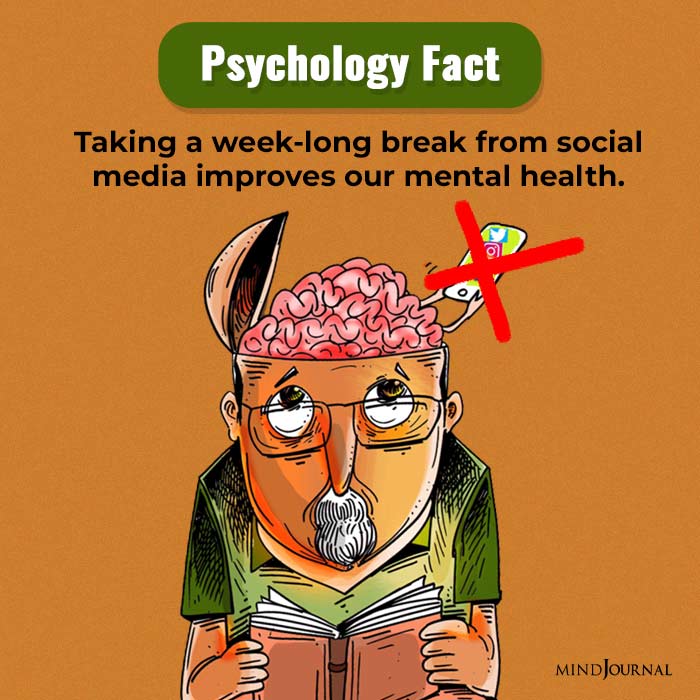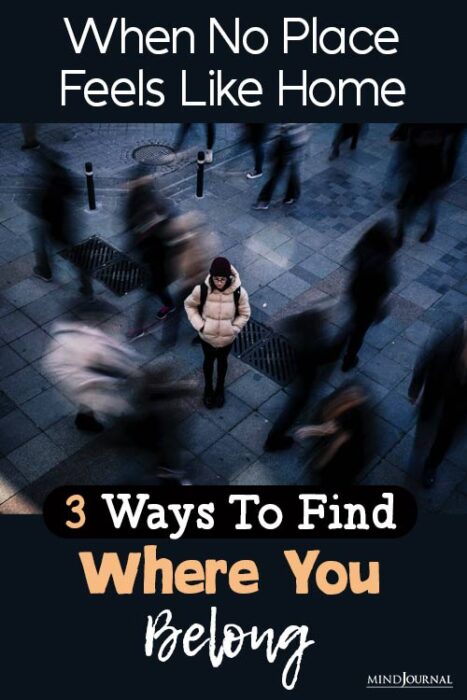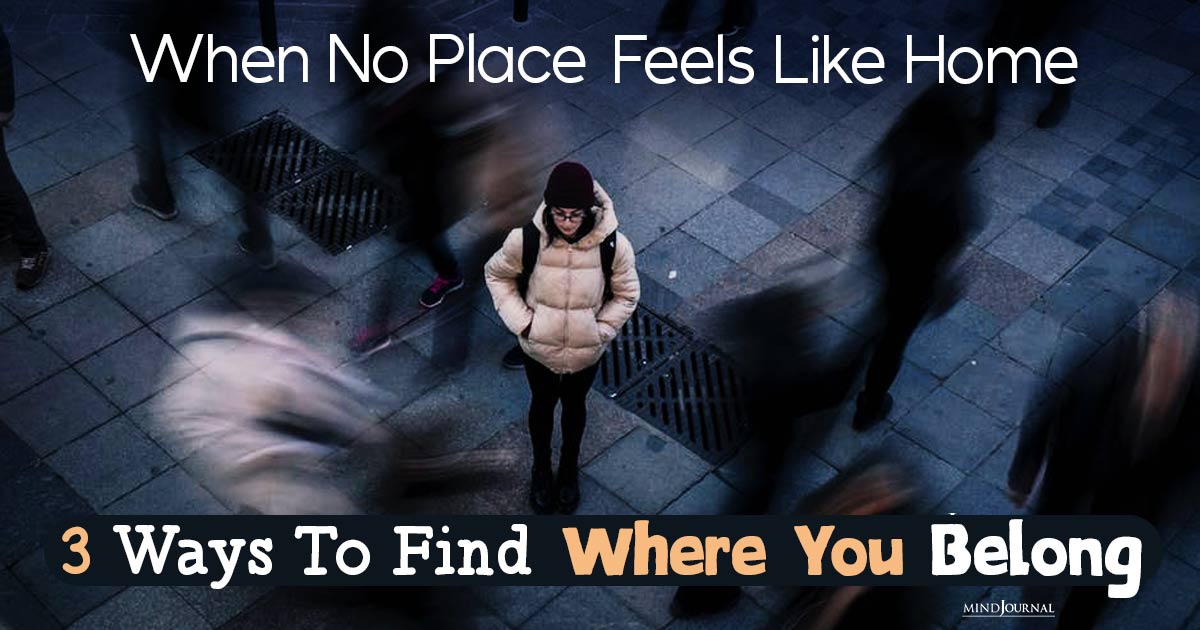To find where you belong, can be a nuanced journey, often filled with self-discovery and realizations about what makes a place feel like home. Here are three insightful ways to navigate this path, uncovering where you genuinely belong and creating a sanctuary that resonates with your inner self.
What do you do when NO place feels like home? What if when watching Dorothy from The Wizard of Oz clicking the heels of her ruby slippers three times and crying out that famous line – “there’s no place like home” – you found yourself shaking your head, feeling very much alone, and silently wishing that you HAD a place – ANY PLACE – that felt like home?
If that sounds like you, you’re not alone.
When no place feels like home, loneliness, self-doubt, and isolation take root. As humans, we want and need to feel as if we belong to something, to somewhere, to someone.
But as furniture retailer IKEA’s fifth annual Life at Home Report pointed out: The fact is that for so many of us – nearly 40 percent of Americans – we just don’t feel a sense of belonging in our own homes. The report shared that people today do not feel at home in the very place they call home.
Related: Why Do Empaths Have Such a Strong Sense of Not Belonging
So why is that? And if you’re feeling as if no place feels like home to you, what can you do about it?
The study pointed to five common elements that they determined were needed to make a home feel like home. Those included: Privacy, comfort, ownership, security, and belonging.
Growing up, my home wasn’t a place of comfort or security. With a mom and a sister, both diagnosed with paranoid schizophrenia, my home was a place where madness lived.
I tried to substitute home with work. For years, my jobs were more so the place I felt secure. My career made me feel as if I belonged, to the point where it then became my identity. When I was let go from my high profile, high paying executive position, I lost even that sense of belonging. The very question of “Who am I?” was one I struggled to answer.
Personally, my home had become a shameful secret that I desperately tried to hide from the outside world. Professionally, climbing the ladder at work to achieve bigger titles and even bigger pay checks filled a void in me, but never for very long.
It wasn’t until I found someone – a counsellor – who helped me feel secure and comforted and with whom I could be my true self that I was able to look inside myself to finally truly belong – no matter where I might physically be.
That’s when I really began to understand: When no place feels like home, it’s because we don’t feel at home inside our own skins. Home isn’t so much a physical location, but a state of being and owning all of who we are.
The more I feared my family’s mental illness, the more insecure and alone I became. The more I made my job my identity, the more it owned me, and I began to lose sight of my own power.
I’ve learned that when no place feels like home, there are three things you can do to help you find your way back to you.
When No Place Feels Like Home: 3 Ways To Find Where You Belong
1. Give Yourself A Social Media Break
Constantly scrolling through your Facebook feed may have you thinking as if everyone else is out partying and living incredible lives – while you sit solo wondering, “why them and not me?”
The truth is that what most people post socially is not showing the full picture. It’s their highlight reel. Just like when you see coming attractions for a movie, you’re only being given the best clips.
Comparing yourself to others is the quickest way to rob yourself of your joy. So choose not to do that to you. Instead, start focusing on every moment of your own life and whatever magic you might find in the madness.
Start coming up with your own highlight reel. You’ll be surprised how looking at yourself with a new lens brings you peace and a sense of belonging to you.

2. Reconnect with Everything That Isn’t “Man-Made”
We spend way too much time indoors and inside our own heads. The lack of physical activity is proven to add to stress and depression and our overall lack of wellbeing. So put on your hiking boots and just start walking outside.
Listen to the wind rustling the leaves of trees and the birds chirping and bugs buzzing. Smell the air and when you come across a yard with rose bushes, literally, stop and smell those roses.
Remove your shoes and feel the grass or cement under your bare feet. Take pleasure in the home you are a part of: Planet Earth. Enjoy the ecosystem, and make yourself at home.
Related: How to Find a Sense of Belonging When You’re Isolated
3. Remember Who You Are
When I was very little, I loved to dance. That was before I paid attention to who might see me dancing. That was before I cared about what others thought. That was before I was told by well-meaning adults to not jump around so wildly, lest my skirt rise up and show more than I should.
Who were you before those voices told you something was wrong with you? Take a trip down memory lane. Google what music or movies were playing when you were five or ten or 15. Bring back joyful moments of your youth and pay attention to the times you felt at home. Start asking yourself where home is for you. You may be surprised at your answers.
Wherever we are, we bring ourselves with us. So the only place that home can be is inside of ourselves. When no place feels like home, stop looking outside for a place, a thing, or a person to be our home; rather, search your soul, open your heart, tap into your power, and find your way back to the home that is you.
Ready to find your way back to you? It’s never too late. Book a FREE 30-minute call with me. Let’s have a chat on how to get you back on the path to where you belong. Click here to schedule now.
Writing is healing and therapy for me and others I coach. Check out my latest books and give yourself a break with the read: https://madnesstomagic.com/books/
Written By Paolina Milana Originally Appeared On Madness To Magic









Leave a Reply
You must be logged in to post a comment.